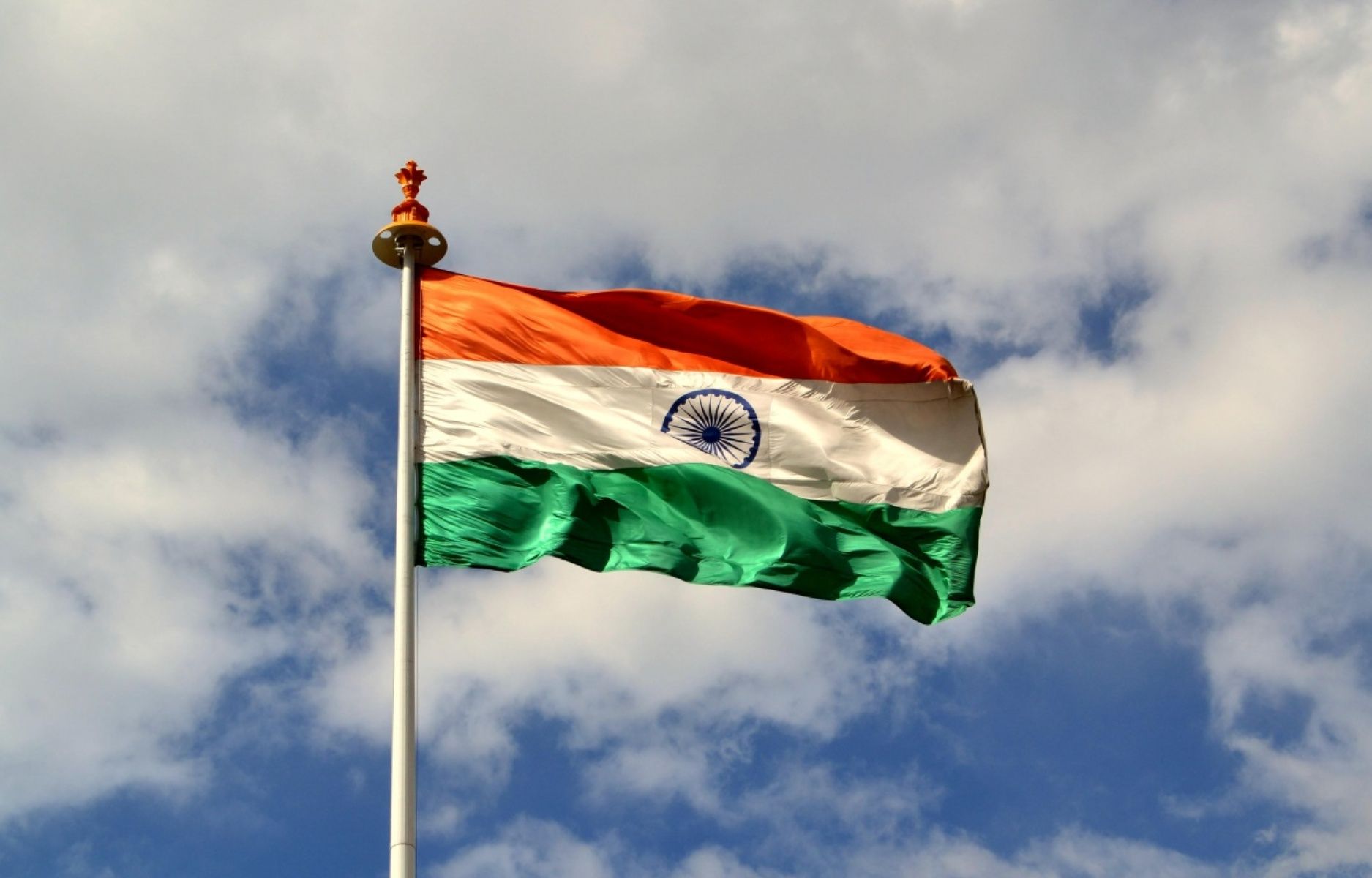As a concerned citizen of India, it is deeply distressing to witness the erosion of democracy in our country. The recent disqualification of Rahul Gandhi, a Member of Parliament, on the grounds of speaking out against the current Prime Minister Narendra Modi and his regime, is a stark example of how the ruling government is clamping down on dissent and stifling the voice of the opposition.
India was once considered a shining example of democracy, with a vibrant and free press, an independent judiciary, and a strong tradition of peaceful protest and political dissent. However, in recent years, this reputation has been tarnished as the ruling party has systematically campaigned to undermine democratic institutions and silence critics.
The disqualification of Rahul Gandhi is a case in point. The charges against him are flimsy at best and appear to be politically motivated. He was accused of violating the Model Code of Conduct during the 2019 general elections by making comments about the Prime Minister that were deemed to be defamatory. This is a clear violation of free speech and sets a dangerous precedent for other politicians and citizens who wish to express dissenting views.
Furthermore, the fact that the ruling party has been using the judiciary to silence opposition voices is deeply troubling. The Indian judiciary has long been considered a bulwark of democracy, but in recent years it has become increasingly politicized, with judges often making decisions that favour the ruling party. This is a worrying trend that threatens the independence of the judiciary and the rule of law.
The disqualification of Rahul Gandhi is not an isolated incident. It is part of a broader pattern of attacks on democratic institutions and the erosion of civil liberties in India. In recent years, there has been a crackdown on freedom of expression, with journalists, activists, and academics facing harassment, intimidation, and arrest for speaking out against the government.
The Indian media once considered a vibrant and free press, has also come under attack. The government has been accused of exerting pressure on media houses to toe the government line, and there have been numerous instances of journalists being attacked, harassed, or even killed for their reporting.
All of these developments point to a worrying trend in India, where democracy is under threat and civil liberties are being eroded. It is high time that we, as citizens, stood up for our democratic rights and pushed back against these attempts to stifle dissent and silence opposition voices.
In conclusion, the disqualification of Rahul Gandhi is a clear sign that India is rapidly becoming a banana republic, where democracy is dying or already dead. The erosion of democratic institutions and civil liberties is a cause for concern, and it is imperative that we take action to protect our democratic rights and freedoms. Only then can we ensure that India remains a vibrant and thriving democracy, and not a shadow of its former self.
The Adani row, which is another example of the government’s crackdown on dissent and the suppression of free speech in India. Rahul Gandhi has been vocal in his criticism of the Adani Group and its rapid rise in wealth, as well as its alleged links to the ruling party.
There have been concerns raised about the Adani Group’s meteoric rise in wealth, which many believe is linked to the government’s pro-Adani policies. Rahul Gandhi has been particularly critical of the government’s decision to award a multi-billion dollar contract for building a new port in Gujarat to the Adani Group, without any competitive bidding process.
Moreover, Rahul Gandhi has alleged that Adani’s wealth is not entirely above board and that the group has benefited from “dark money” that has been invested in Adani Enterprises. This is a serious accusation and one that deserves to be thoroughly investigated by independent authorities.
However, the government has been quick to dismiss these allegations and has taken a heavy-handed approach to silence those who raise concerns about the Adani Group. For example, Gautam Navlakha, a human rights activist, was arrested in connection with the Bhima Koregaon case, which many believe is linked to his criticism of the Adani Group.
The government’s actions in the Adani row are deeply troubling and raise serious questions about the independence of institutions in India. It is imperative that independent authorities investigate these allegations and ensure that the Adani Group is held accountable if any wrongdoing is found.
In conclusion, the Adani row is another example of the government’s attempt to suppress dissent and silence opposition voices in India. Rahul Gandhi’s questioning of Adani’s wealth and alleged links to the ruling party should be taken seriously, and independent authorities should investigate these allegations to ensure transparency and accountability.
